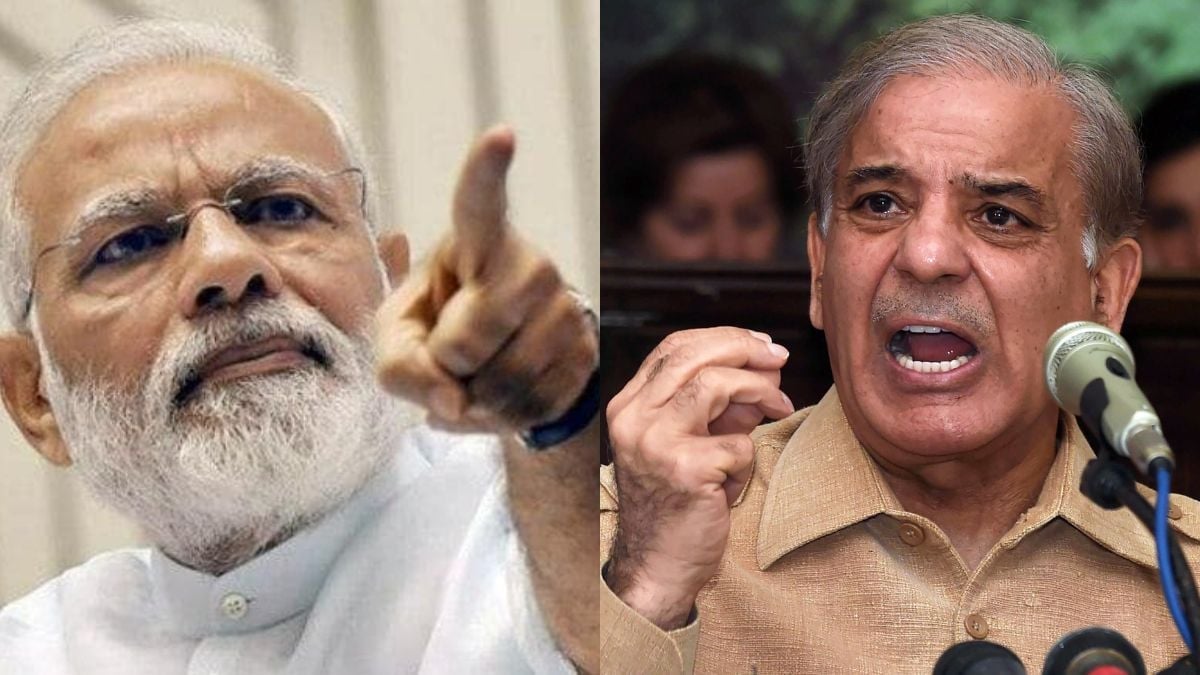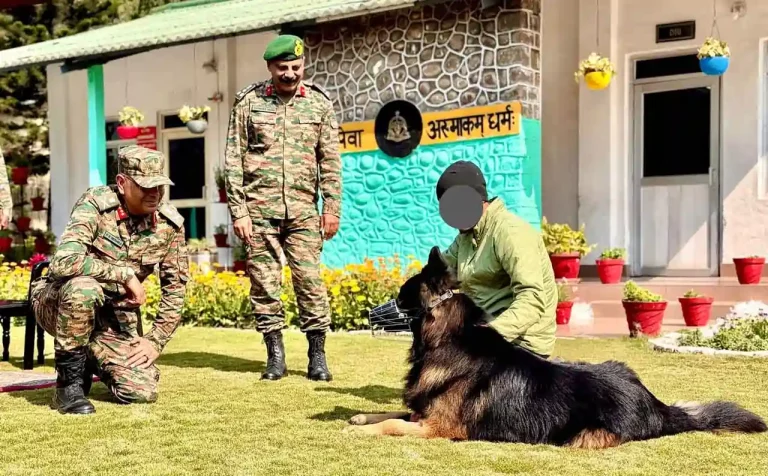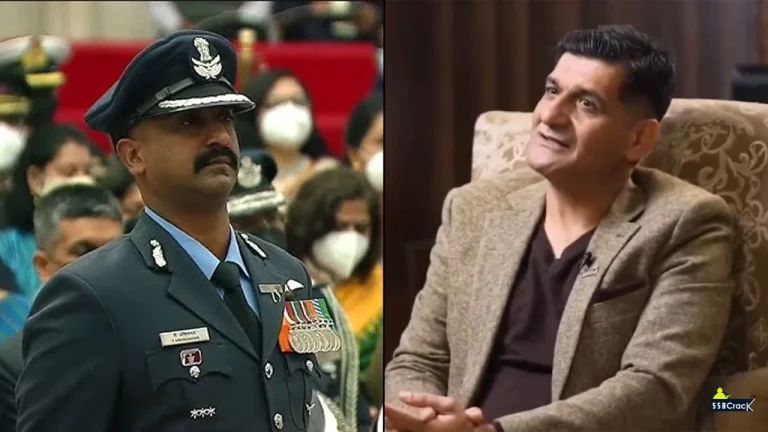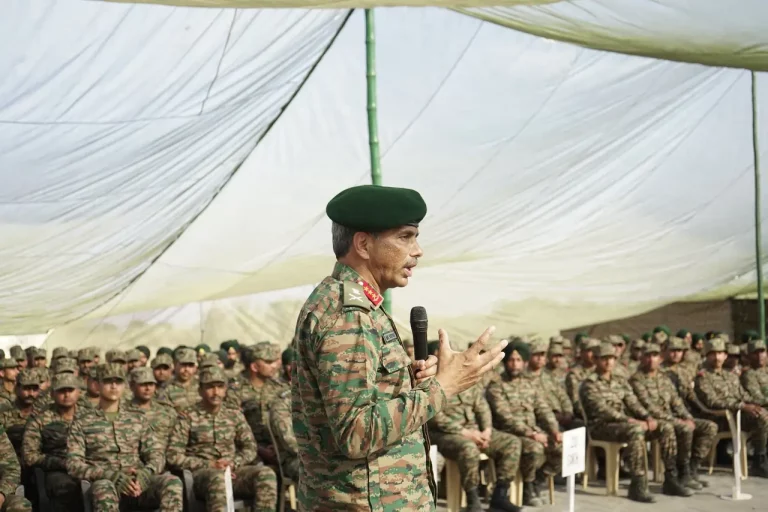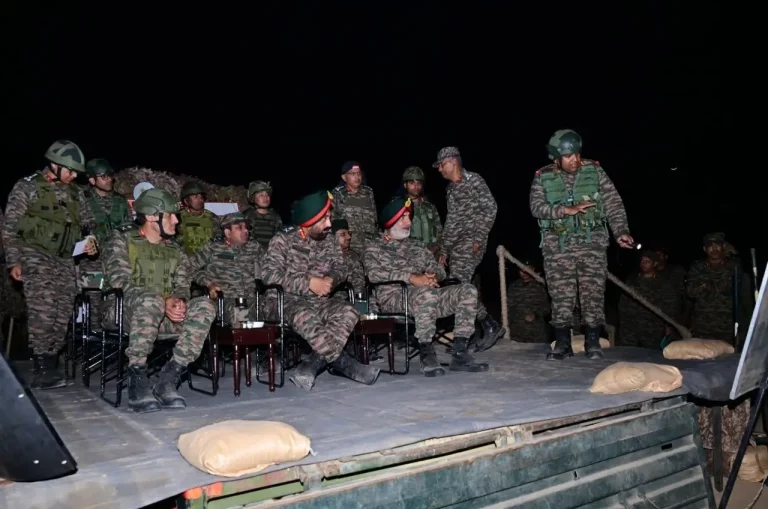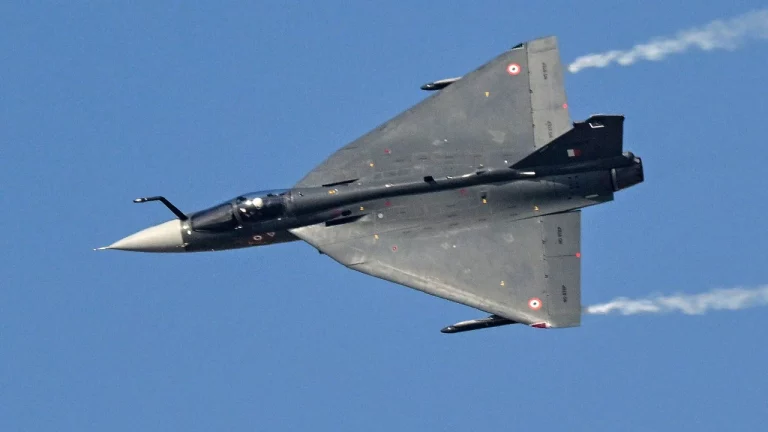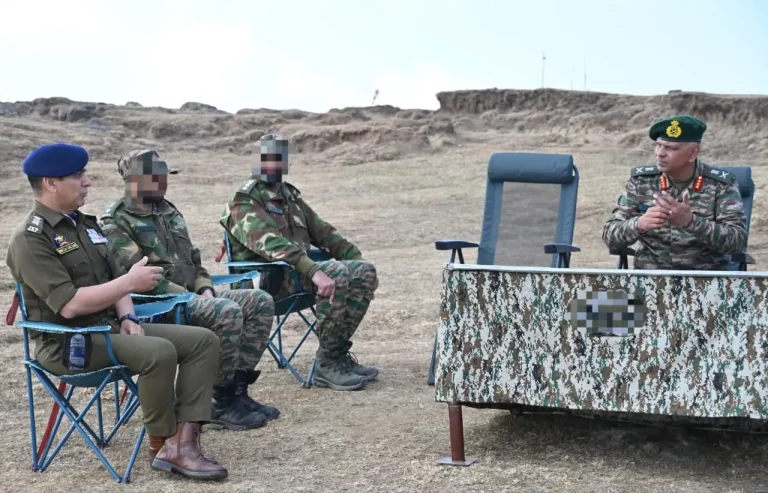In a notable shift amid escalating tensions between India and Pakistan, Pakistan’s Prime Minister Shehbaz Sharif has expressed an intention to reopen dialogue with India to address a range of bilateral disputes, including the Indus Waters Treaty. During a press briefing in Islamabad, Sharif emphasized, “We want to resolve all disputes,” reflecting a departure from the heightened diplomatic strain that characterized the previous months.
This announcement comes in the aftermath of India’s suspension of the Indus Waters Treaty in April 2025, which was a response to a tragic terror attack in Pahalgam, Jammu & Kashmir, that resulted in the deaths of 25 Indian tourists and one Nepalese citizen. India attributed the assault to cross-border infiltration by terrorists supported by Pakistani groups, leading External Affairs Minister Dr. S. Jaishankar to declare the treaty’s suspension until Pakistan takes “verifiable and irreversible” actions to dismantle terror infrastructure on its territory.
The Indus Waters Treaty, established in 1960 with the World Bank’s facilitation, has long been viewed as a rare avenue for sustained cooperation between the two nations. However, New Delhi has been increasingly skeptical of its effectiveness given Pakistan’s persistent reliance on terrorism as an instrument of state policy. Jaishankar reiterated on May 15 that the treaty would remain “in abeyance” until Pakistan addresses terrorism and the issue of Pakistan-occupied Kashmir (PoK), which India claims as integral to its territory.
Sharif’s overtures for negotiation follow Pakistan’s observance of “Yaum-e-Tashakur” on May 16, celebrating its alleged success in Operation Bunyan Marsoos. This event has drawn scrutiny from Indian analysts, who interpret it as an act of psychological warfare, especially in light of India’s triumph in Operation Sindoor. While Sharif’s proposals for dialogue might seem conciliatory, Indian officials maintain a wary stance, drawing upon a history of unmet commitments and proxy warfare by groups based in Pakistan.
India’s strategic position remains unequivocal: dialogue cannot coexist with acts of terror. Without demonstrable actions by Islamabad against terrorist networks like Lashkar-e-Taiba and Jaish-e-Mohammed, as well as a satisfactory resolution regarding PoK, it is unlikely that New Delhi will respond favorably to Sharif’s overtures.
In the current climate, marked by recent military escalations, the subsequent weeks will be critical in determining whether Pakistan’s appeal for discussions is a genuine shift in policy or merely a calculated move under international scrutiny. For the time being, India maintains that national security is its top priority, while keeping diplomatic negotiations contingent upon Pakistan’s actions.
